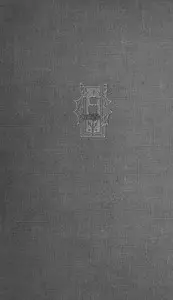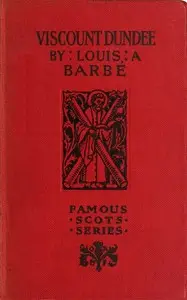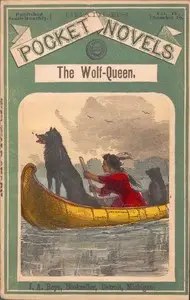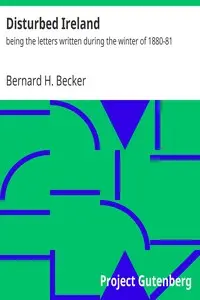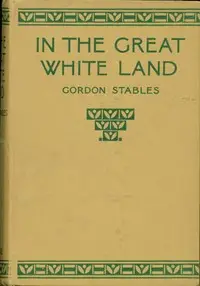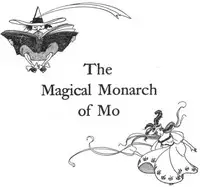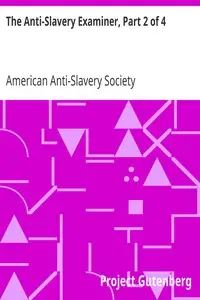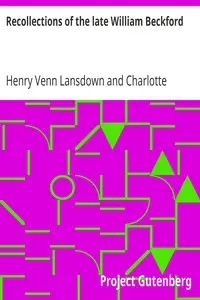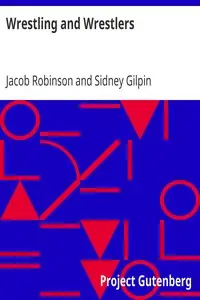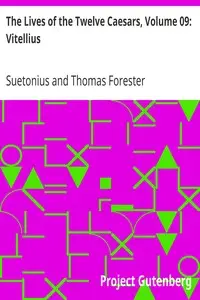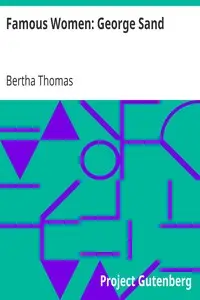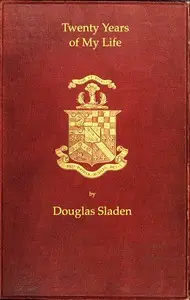"Kirkcaldy of Grange" by Louis A. Barbé is a historical biography written in the late 19th century. The book focuses on the life of Sir William Kirkcaldy of Grange, a notable Scottish figure, exploring his contributions during a significant period in Scotland's tumultuous political and religious history. It examines Kirkcaldy's complex character and actions as he navigated his roles within conflicting political factions in Scotland. The opening of the biography introduces the historical context of the Kirkcaldy family, detailing their ancestral estate and their significance in Scottish history. It highlights Sir James Kirkcaldy's rise to prominence in the court of King James V, outlining his political engagements and challenges, particularly concerning his conflicts with Cardinal Beaton. The text also foreshadows the central figure, William Kirkcaldy—Sir James's son—speculating on his future endeavors and influence in the political struggle following his father’s legacy, specifically the violent and pivotal event of Cardinal Beaton’s assassination. (This is an automatically generated summary.)
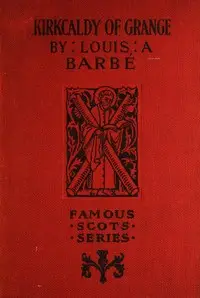
Kirkcaldy of Grange
By Louis A. Barbé
"Kirkcaldy of Grange" by Louis A. Barbé is a historical biography written in the late 19th century. The book focuses on the life of Sir William Kirkca...
Louis A. Barbé was born in France and came to Glasgow as a French teacher. He settled in Scotland and wrote innumerable books on Scottish history and biography. He was born on 15 November 1845, son of Charles Barbé, Commissaire de Marine, Cherbourg. His mother was Desirée Barbé, née Javelot. He was educated in France and began his teaching career as Professor of English at the College Jean-Bart, Dunkerque. For six years he was tutor to the Princes of Schaumburg-Lippe. In 1880, he married Alice Rosa Allen, who was the daughter of John George Allen of Guernsey. He moved to Glasgow in 1884 and was head of the Modern Languages department at the Glasgow Academy from 1884 to 1918. He was employed as a reviewer with the Glasgow Herald from 1887 to 1926 and joined the Institute of Journalists in 1893. He acted as an examiner in French at the University of Edinburgh from 1901 and in Modern Languages at the Faculty of Advocates in Edinburgh. His books are remarkably well-written and show no obvious French influence. He died on 10 September 1926 at Dunbar, East Lothian.

